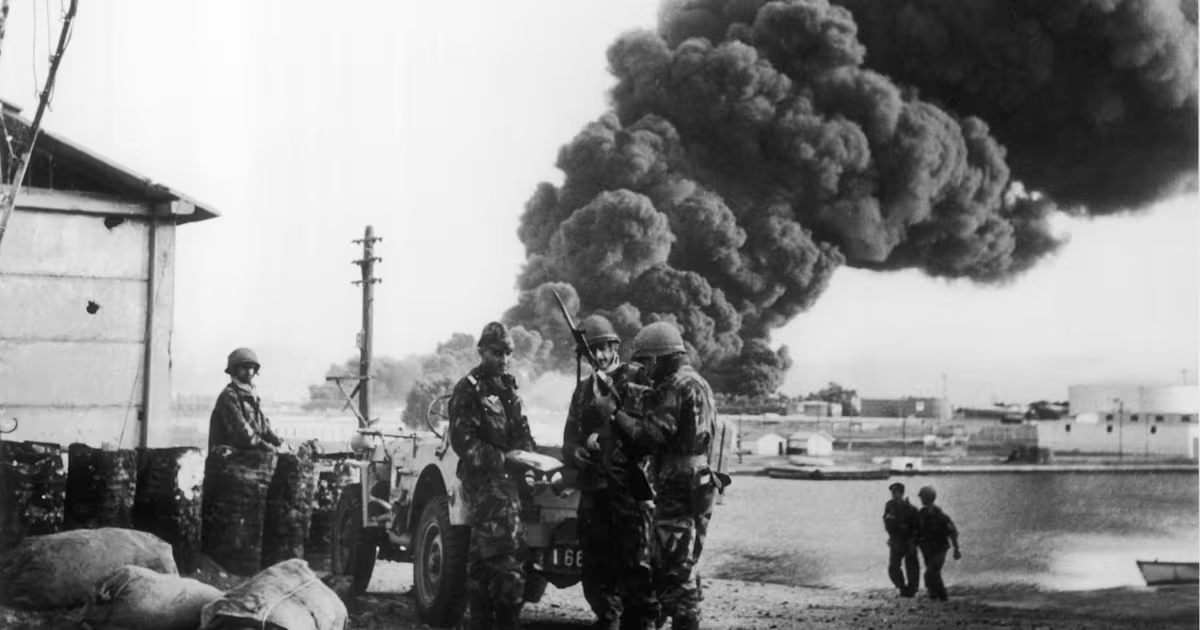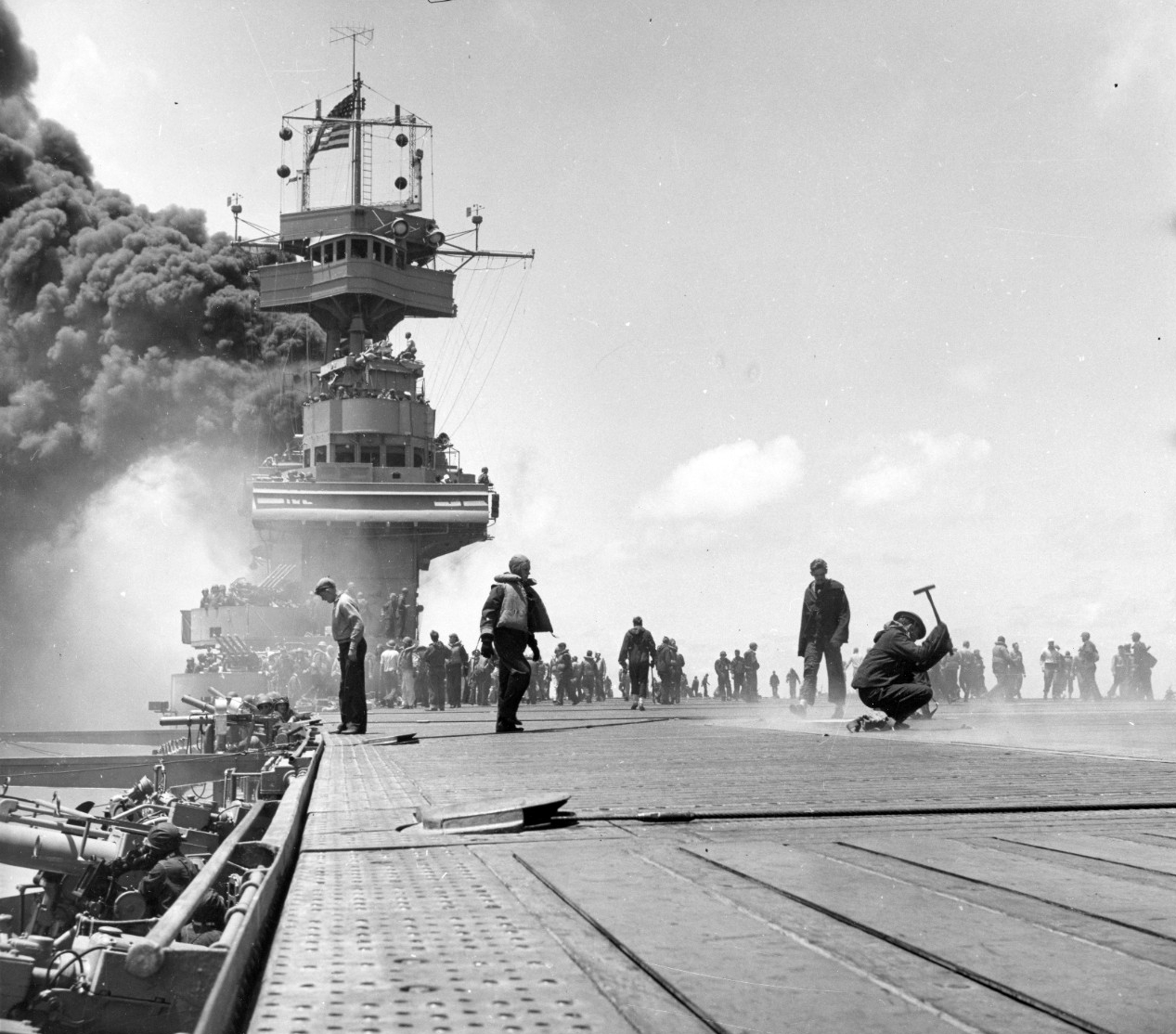The Suez Crisis of 1956 marked a pivotal moment in the history of international relations, showcasing the fragile balance of power during the Cold War era. The conflict was triggered when Egyptian President Gamal Abdel Nasser nationalized the Suez Canal, a crucial maritime route for oil shipments. This move angered Britain and France, who had significant economic and colonial interests in the canal, leading them to collaborate with Israel in a military operation to take control of the waterway.
Despite initial military success, the operation was met with strong international condemnation. The United States, under President Dwight D. Eisenhower, pressured its European allies to cease hostilities, fearing further escalation with the Soviet Union. The UN called for an immediate ceasefire, and diplomatic negotiations brought the crisis to an end. The Suez Crisis exposed the diminishing influence of colonial powers and the growing importance of the United States and the Soviet Union in global affairs.
The aftermath of the crisis marked the decline of British and French influence in the Middle East and reshaped the dynamics of global politics. The Suez Canal remained under Egyptian control, and the crisis highlighted the necessity for multilateral diplomacy in managing international conflicts, setting the stage for future Cold War confrontations and UN peacekeeping missions.





